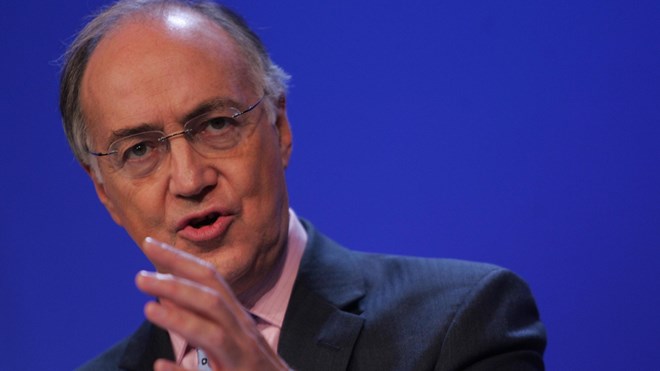
Wednesday, December 14, 2016

Soma chairman Michael Howard
UK prosecutors have closed a 17-month investigation into alleged bribery and corruption at Soma Oil & Gas, a private UK exploration company seeking oil in Somalia, despite finding "reasonable grounds" to suspect wrongdoing.
The Serious Fraud Office (SFO), which opened the inquiry last July after a tip-off from the United Nations' Somalia and Eritrea Monitoring Group (SEMG), said there was not enough evidence for a realistic prospect of conviction.
"Whilst there were reasonable grounds to suspect the commission of offences involving corruption, a detailed review of the available evidence led us to the conclusion that the alleged conduct, even if proven and taken at its highest, would not meet the evidential test required to mount a prosecution for an offence," the SFO said in a statement on Wednesday.
A spokesman for Soma, which has vigorously denied any wrongdoing and was one of the first energy explorers to enter Somalia in 2013 after more than two decades of conflict, welcomed the SFO decision.
Soma, chaired by former British Conservative Party leader Michael Howard, attempted to bring an ambitious legal challenge against the SFO earlier this year to force prosecutors to either end their investigation or indicate informally that they did not plan to pursue the company. It failed.
According to the High Court judgment on Soma's bid for a judicial review, the SEMG alleged in a report last year that "capacity building payments" from Soma to Somali public officials were "a likely part of a quid pro quo arrangement" allowing Soma to claim commercial advantages.
The judgment, published on Aug. 17, said the SFO inquiry had cast a shadow over Soma's business and "gave rise to a risk of insolvency".
Under its Somali deal, Soma provided the government with seismic surveys on 12 offshore oil and gas blocks covering around 60,000 square kilometres in return for getting first refusal on blocks it wanted to explore.
But the SFO inquiry was compounded by delayed Somali parliamentary elections and doused Soma's hopes of bringing in a partner, tapping investors or raising debt or equity to proceed with plans such as building costly offshore wells.
Soma, which has accused unnamed third parties of making "all too easy assumptions and allegations" about commercial successes in difficult environments around the world, invested more than $40 million in the seismic evaluation project. (Reporting by Kirstin Ridley; Editing by Ruth Pitchford)